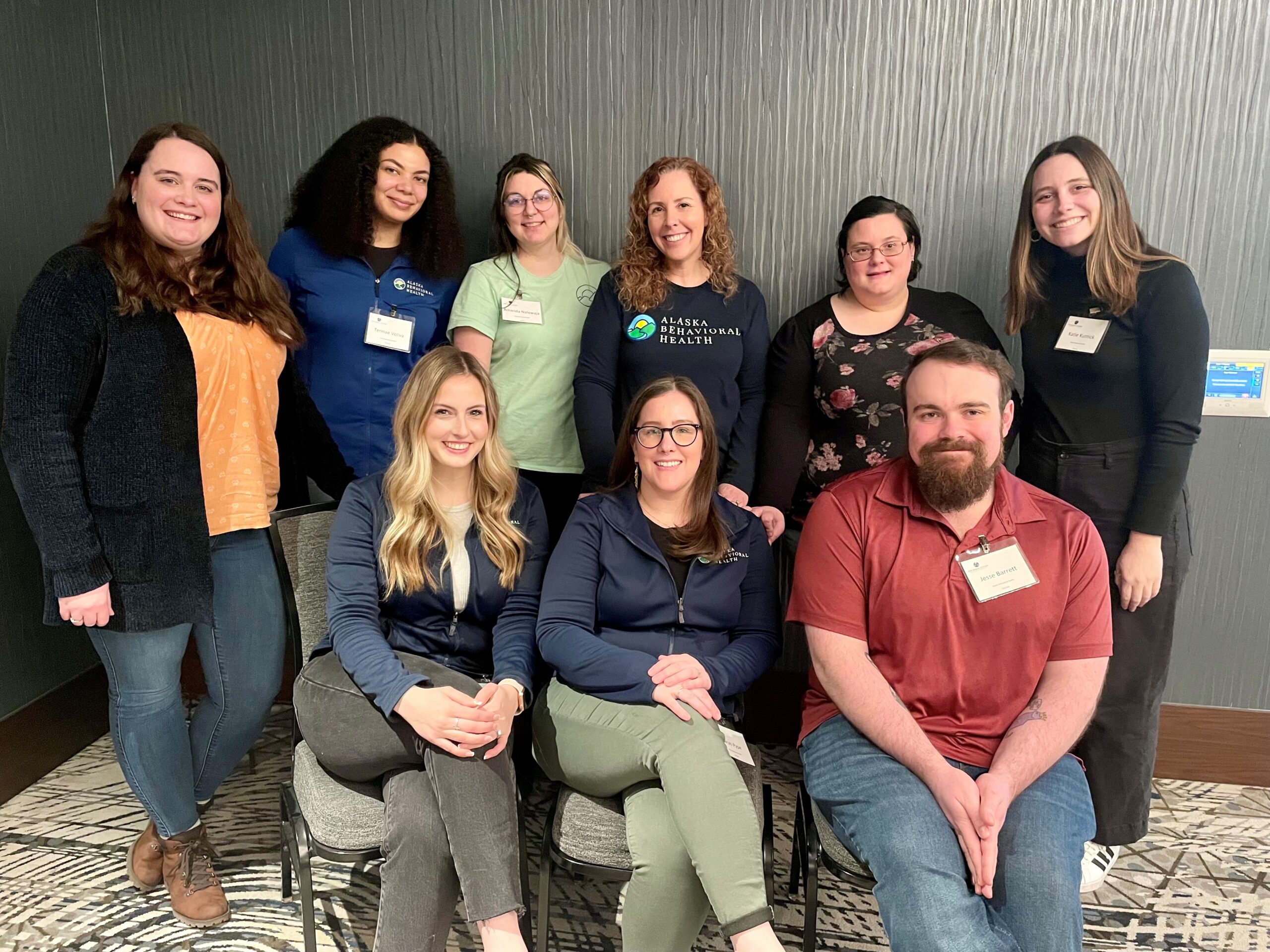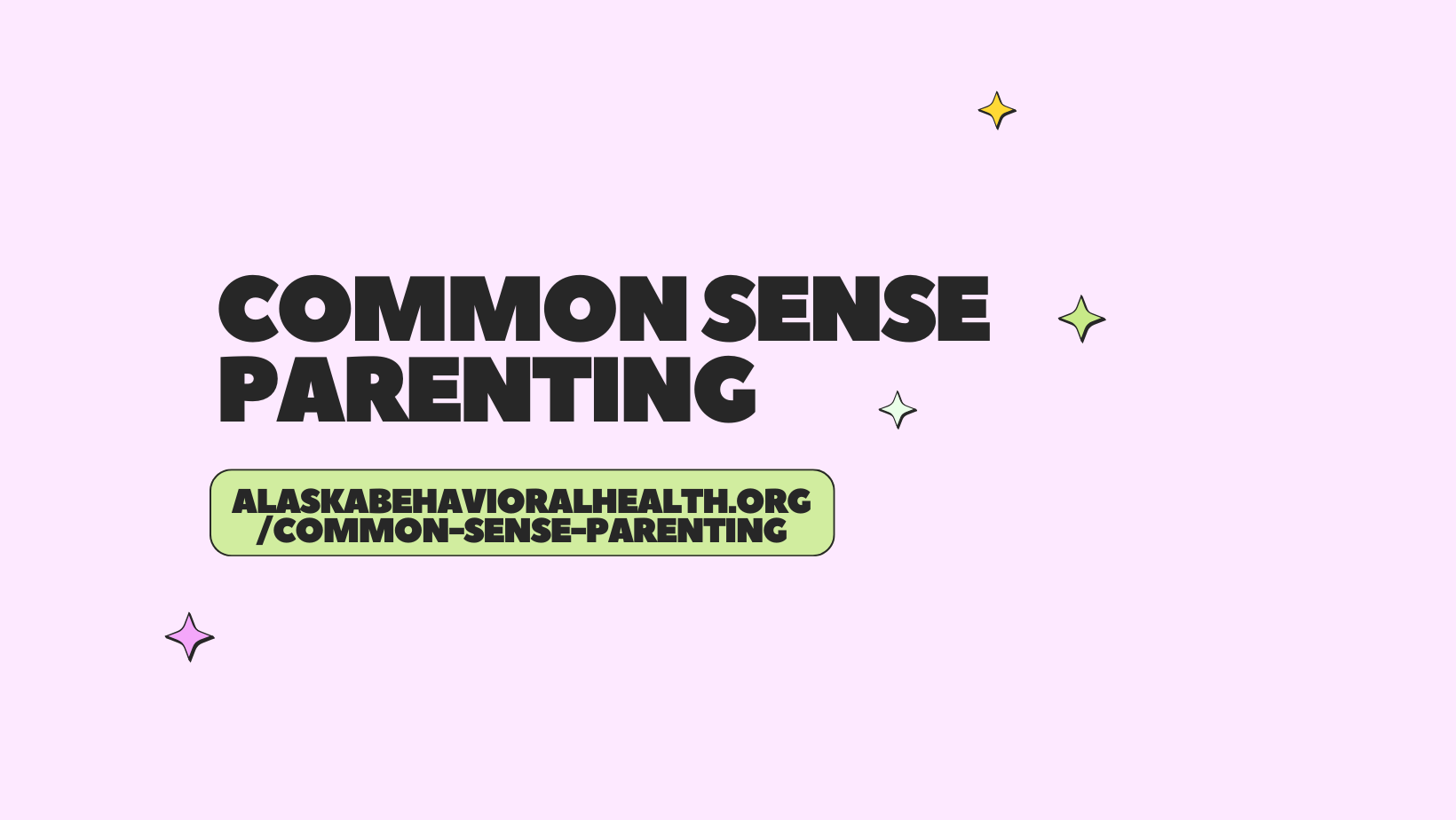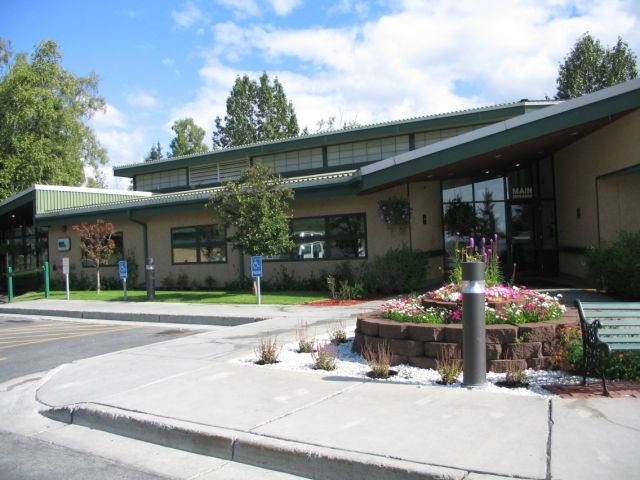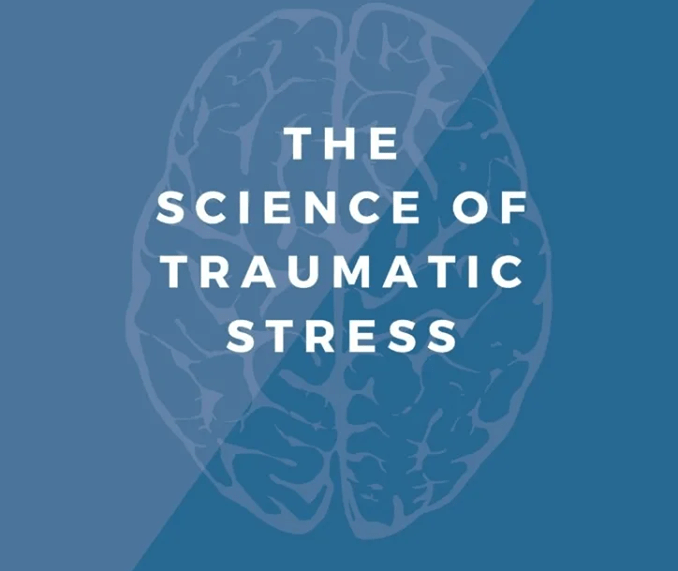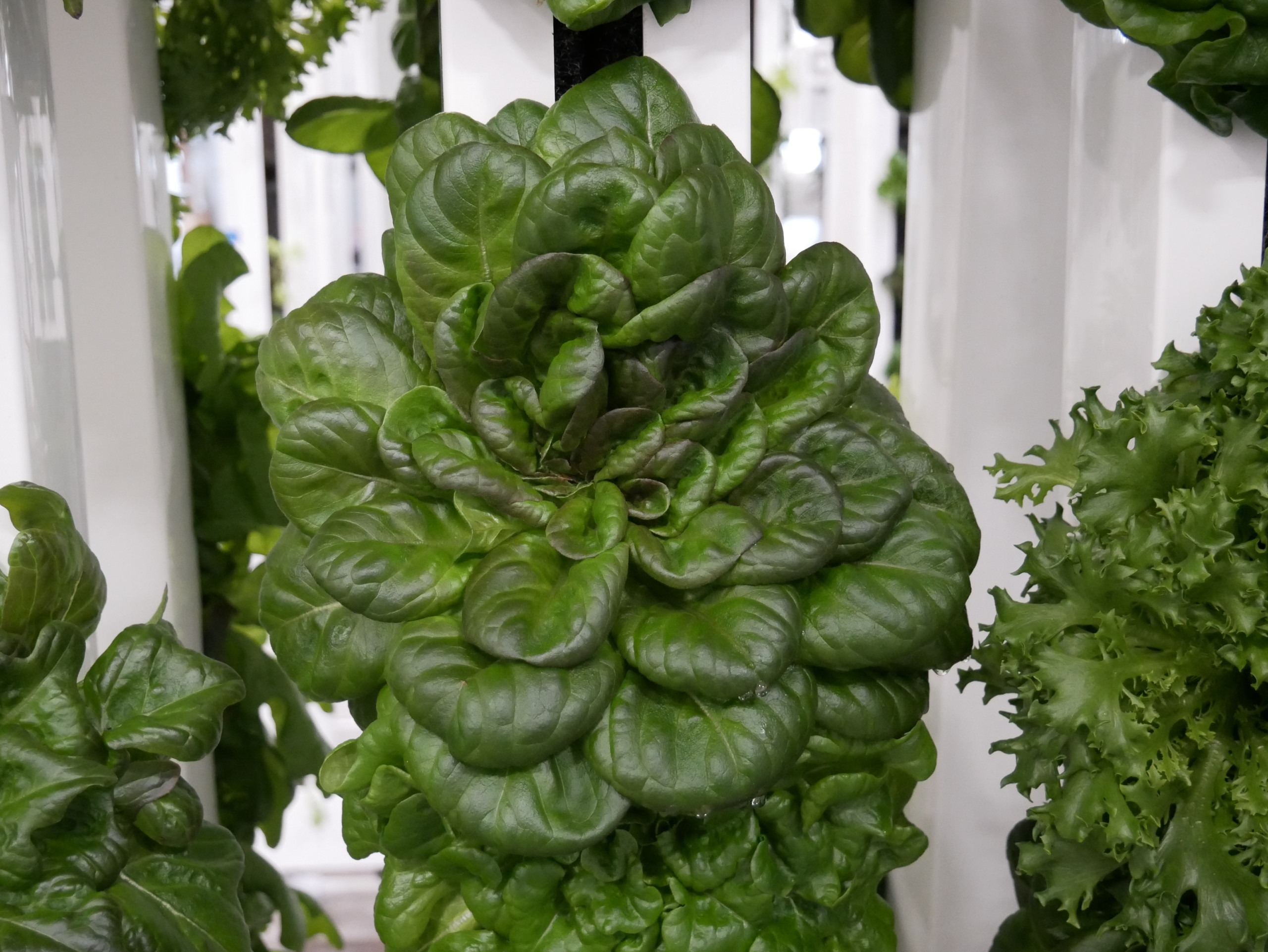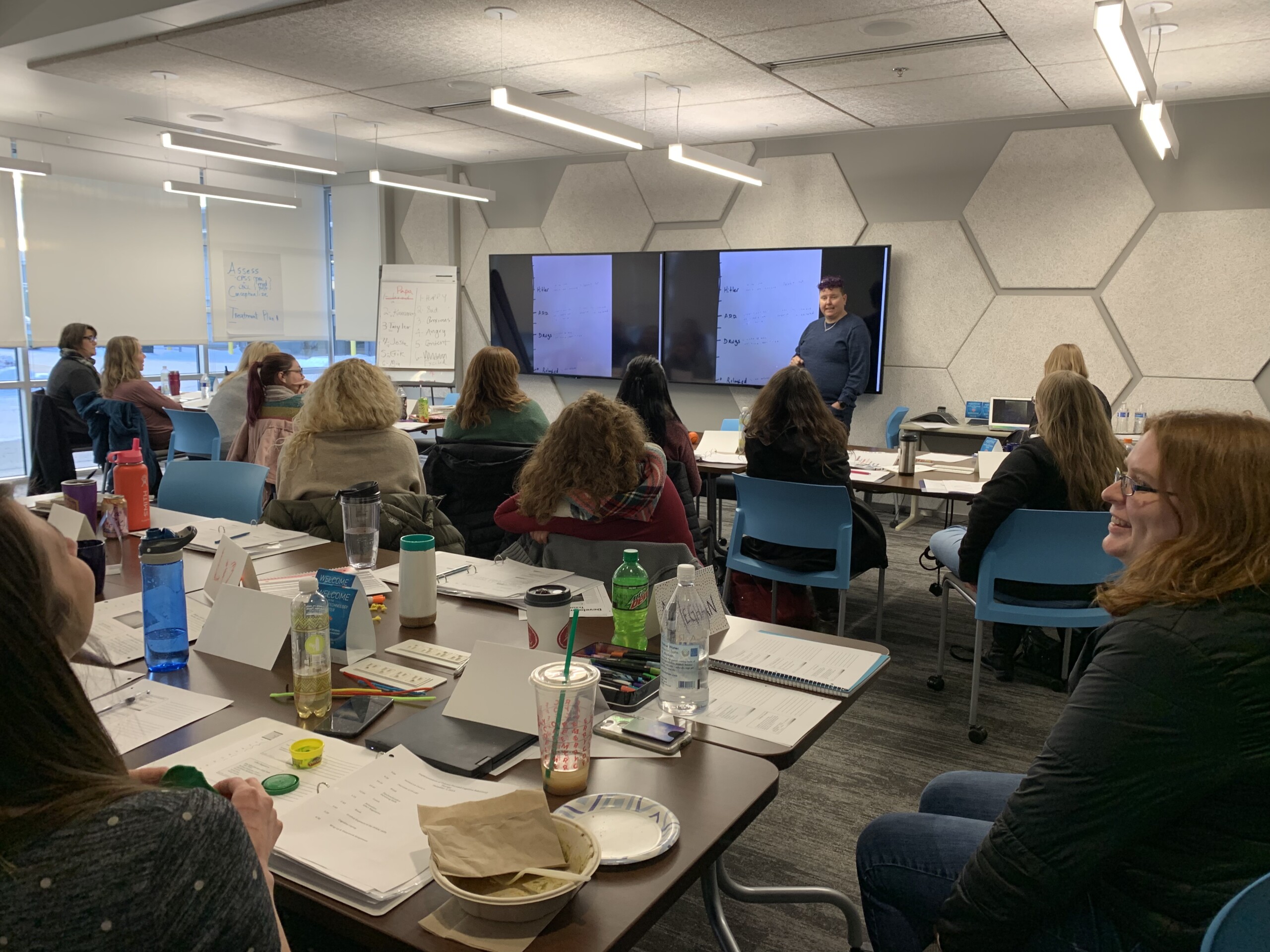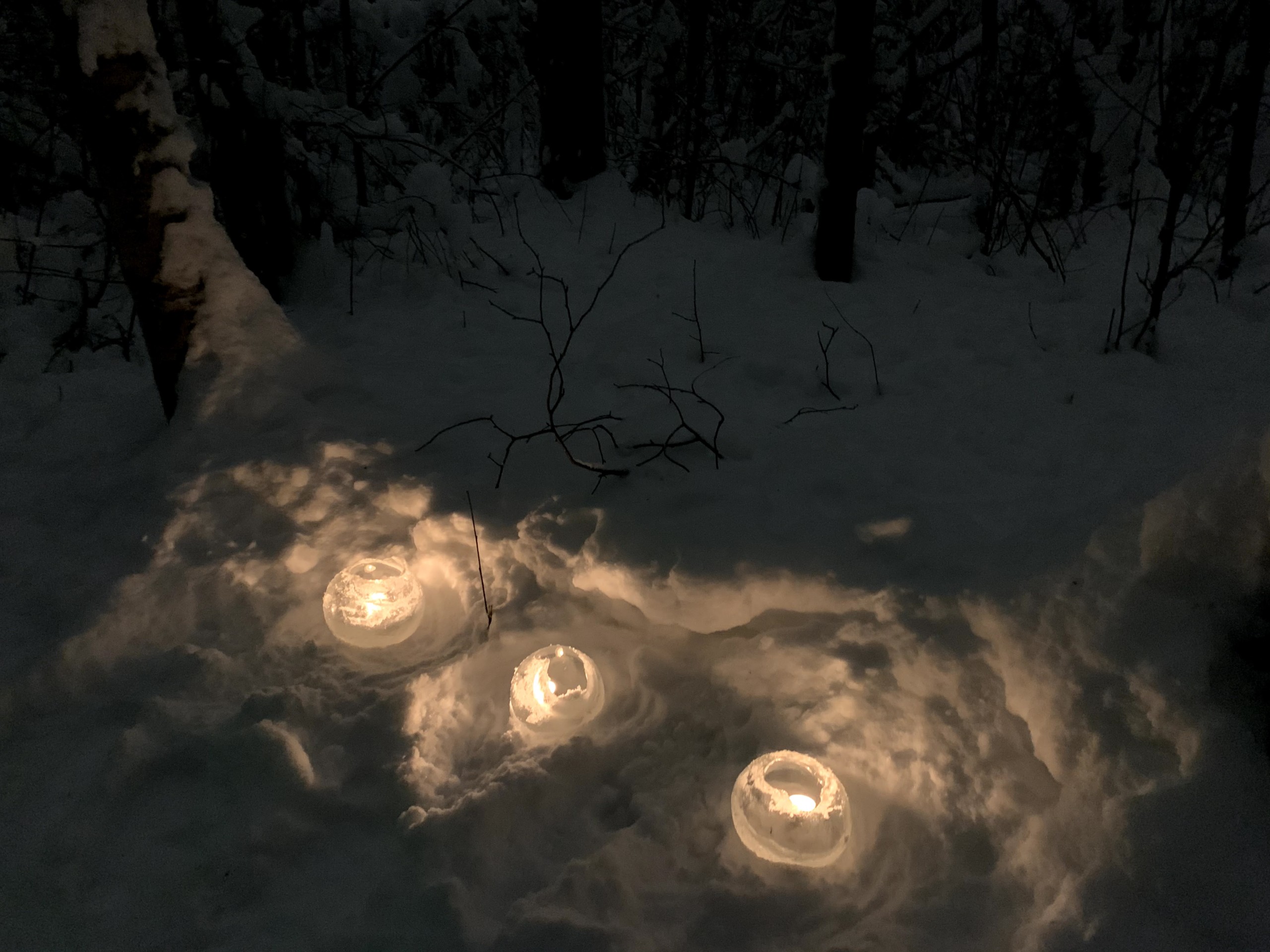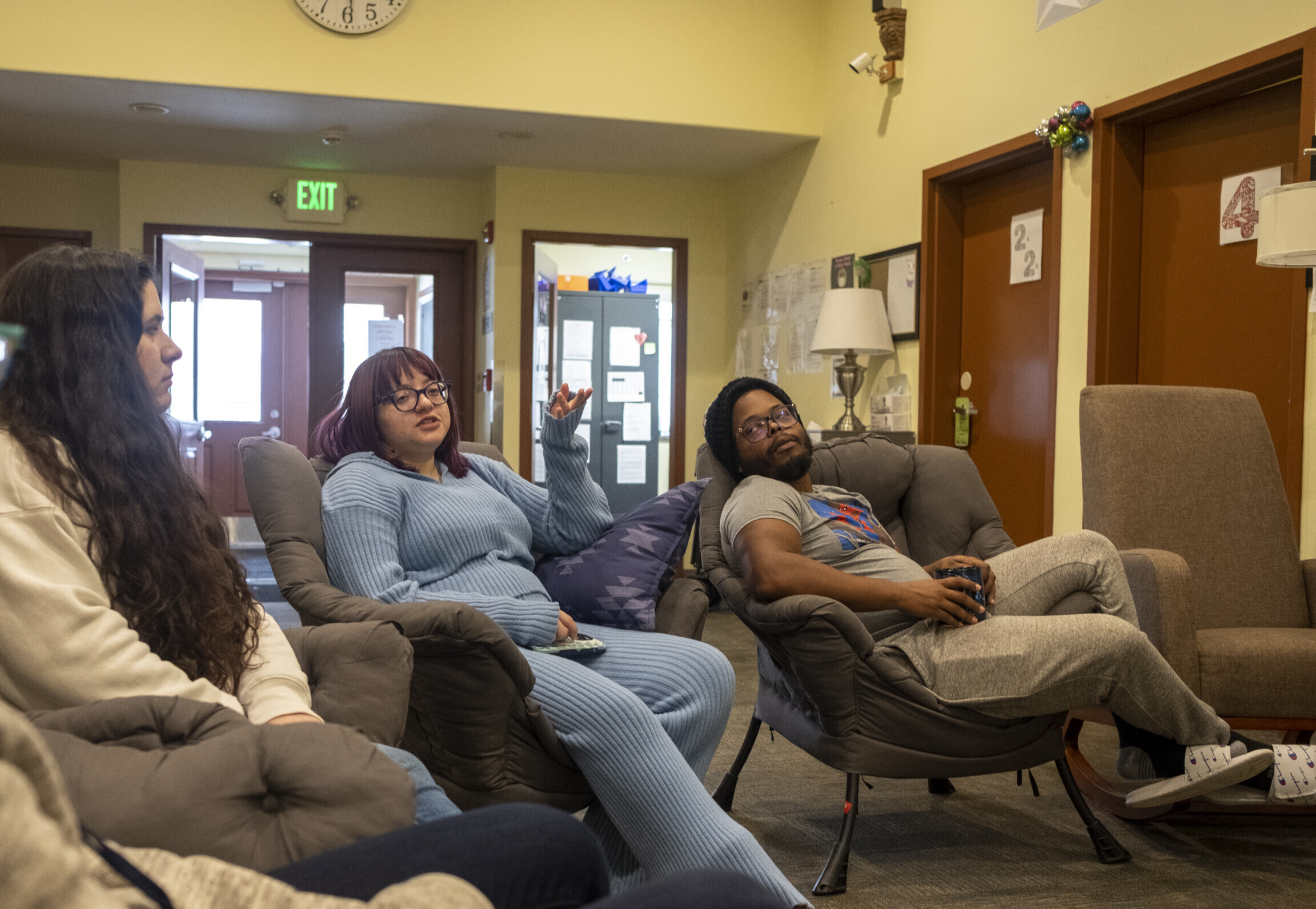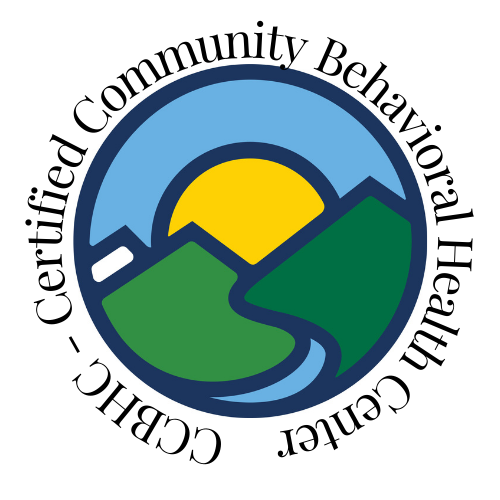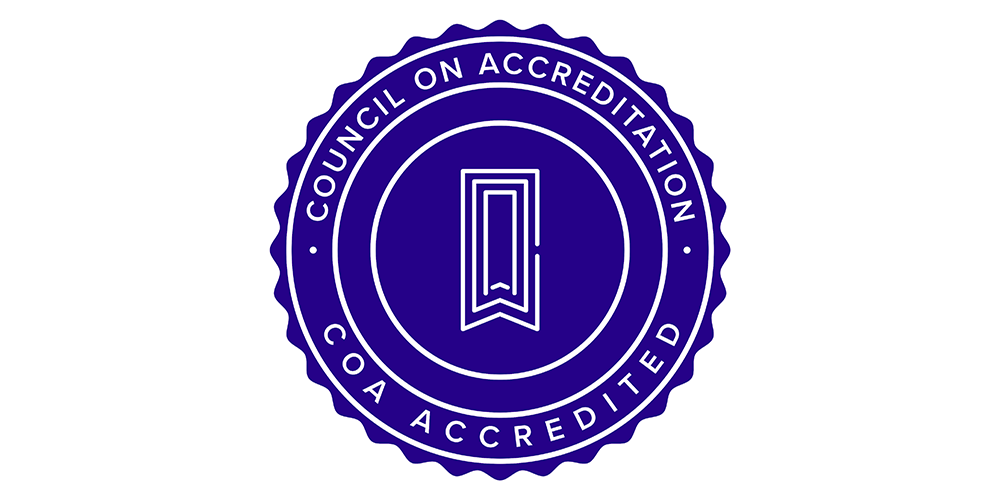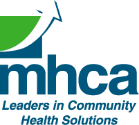The opinion piece by Alaska Behavioral Health Board Member Irene Gobeli was published in the Anchorage Daily News on May 21, 2021.
Living Downtown
I live in downtown Anchorage, and every morning for the past 10 years, I’ve walked my dog along E Street and the Park Strip. Almost every morning, I’ve also watched part of our homeless and transient population make their way from downtown for the day. Over the past four years, however, I’ve noticed a change: More and more of the people making their way through
downtown are young adults and teenagers.
“Still Just Curious Kids”
Sometimes they stop and briefly talk to me because they like my dog and I realize, despite their circumstances, they are still just curious kids. Like your kids, only without you there to care for their physical and emotional wellbeing. There are a lot of different, complicated reasons why these young adults fall below the line and find themselves struggling to meet their basic needs — like having enough food and a safe place to sleep.
Some of them find a connection to organizations like Covenant House or Cook Inlet Housing Authority that help with their housing situation and other basic life services. They usually have little family support and are on the fringe, often dealing with sporadic homelessness, mental illness and addiction.
Mental Health Awareness Month
May is Mental Health Awareness Month, and we’ve all learned during the past year how critical meaningful engagement and having a purpose is to our overall wellbeing. Connecting with others and doing something meaningful is key to our emotional health and sense of self-worth. There are very few opportunities for at-risk youth to find that meaningful engagement, even when they do have somewhat stable living situations. They don’t have the same access through school, sports or community that other young adults do. They are invisible to most of us.
Alaska Seeds of Change
One place that is dedicated to serving at-risk youth in this capacity is Alaska Seeds of Change, a program of Alaska Behavioral Health. Seeds of Change is a big indoor hydroponic farm run by at-risk youths who learn job and life skills through growing greens and selling them to local restaurants and farmers markets. They are paid for their work and learn how to set personal development goals and follow through on their commitments, manage finances and be more prepared for future jobs. Seeds of Change gets youth referrals from organizations like Nine-Star, South Central Foundation, McLaughlin Youth Center and the Power Center, a drop-in center for homeless and at-risk youth. It is the only place of its kind, and more opportunities for hands-on, meaningful engagement are needed.
We can all help
There is no easy solution to this problem but there are some things we can do as individuals. We can choose to pay attention. These young people deserve to be seen.
We can learn about opportunities to get involved and support places like Covenant House, Big Brothers/Big Sisters and Seeds of Change. These are some of the organizations in our community that work to help young people in distress.
We can be mentors to young people. I have been a “Big” with Big Brothers/Big Sisters for 6 years which has been one of the most rewarding and important relationships for both me and my little sister.
If you are in a position to give a young person their first job, internship, or volunteer position, take the chance and create that opportunity for meaningful work and engagement.
Small, individual actions add up to a lot; it could make all the difference in a struggling young person’s life.
Irene Gobeli has lived in Alaska for 18 years. She serves on the Board of Directors for Alaska Behavioral Health, is a big sister with Big Brothers/Big Sisters and supports Beacon Hill Safe Families. Irene works for Hilcorp Alaska.

